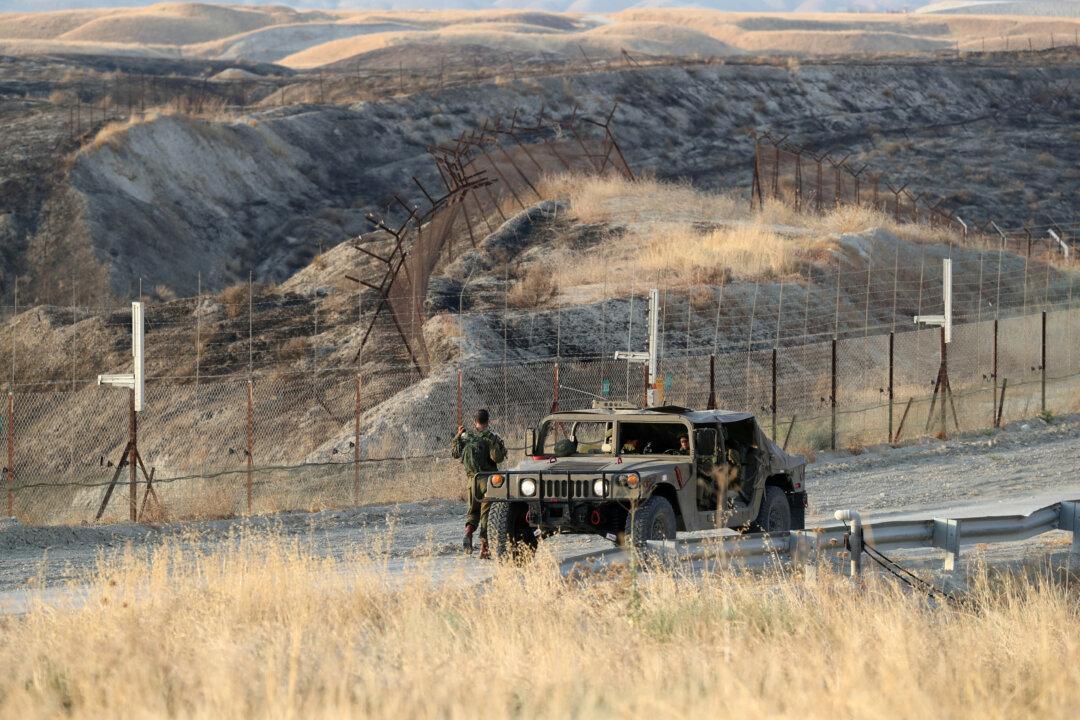Amman has stepped up its military presence along its border with the Israeli-occupied West Bank amid fears that the Jewish state may try to expel Palestinians into Jordan’s territory.
“Any displacement [of Palestinians into Jordan] … will be viewed as a declaration of war [by Israel] and a material breach of the peace treaty,” Jordanian Prime Minister Bisher Khasawneh said on Nov. 21.





